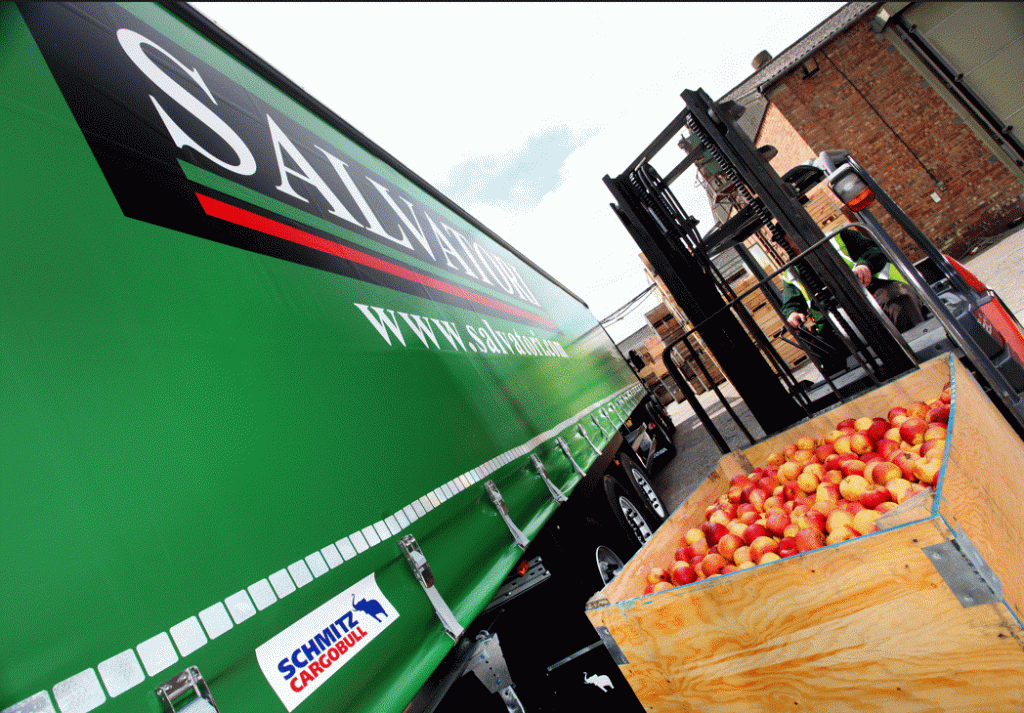Sanitary and Phytosanitary Measures - SPS Changes for UK Importers in 2024
Sanitary and Phytosanitary Measures – SPS Changes for UK Importers in 2024
For importers in the United Kingdom, staying abreast of regulatory changes is crucial for maintaining seamless trade operations. As of January 2024, significant alterations in the realm of Sanitary and Phytosanitary (SPS) measures are coming into force, impacting how goods are imported into the country. Our previous article highlighted the Sanitary and Phytosanitary changes that were scheduled for Oct 2023, this has now passed. The next phase of changes takes effect on the 31st Jan 2024 & we will have an article in more detail about IPAFFS shortly. Understanding these changes is pivotal for compliance and smooth continuation of import processes.

Key Dates:
31 Jan 2024 – documents checks online via system called IPAFFS
30 April 2024 – will see addition of physical checks at the border control points (BCP)
31 October 2024 – Safety and Security declarations for EU imports will come into force.
What are SPS Measures?
Sanitary and Phytosanitary measures encompass regulations designed to protect human, animal, and plant health during international trade. These measures address concerns related to food safety, animal and plant health, and the transmission of diseases between countries via imports. Get more answers to our most frequently asked questions in customs clearance via the highlighted link.
Changes Affecting UK Importers
EU Transition Impact:
Following the UK’s departure from the European Union (EU), it established its independent SPS regime. While initially aligning with the EU’s rules, the UK has been adapting and creating its unique SPS framework. Importers need to comprehend that certain requirements may now differ from those applied during the transition period. Read more on the border operating target model via the government link.
Documentation and Certifications:
One of the fundamental alterations involves updated documentation and certification. Importers are expected to ensure that their goods comply with the UK’s SPS standards and possess the necessary certifications to prove their adherence to these regulations. This may involve updated health certificates, phytosanitary certificates for plant products, and additional documentation demonstrating compliance with UK SPS measures.
Increased Border Inspections:
With the aim of safeguarding public health and environmental safety, increased inspections at UK borders for SPS compliance are being implemented. Importers should anticipate potential delays in customs clearance processes due to these heightened inspections and, therefore, factor in additional time for their import schedules.
Enhanced Traceability and Reporting:
To bolster accountability and traceability, importers may be required to maintain more detailed records regarding the origin and journey of their goods. Accurate reporting and documentation tracking the movement and handling of products will likely become more critical.
Compliance and Adaptation Strategies
Stay Informed and Seek Guidance:
Importers should proactively stay informed about the evolving SPS regulations. Seeking guidance from relevant governmental bodies, industry associations, trade advisors & a UK customs broker can provide invaluable insights and clarity regarding compliance requirements.
Review Supply Chains and Documentation:
Conducting a thorough review of supply chains to ensure alignment with the updated SPS measures is essential. This includes verifying suppliers’ compliance, revising contracts to reflect new requirements, and meticulously checking documentation for accuracy and completeness.
Invest in Technology and Training:
Investing in technology that assists in maintaining detailed records and traceability can streamline compliance efforts. Additionally, providing adequate training to staff involved in the import process ensures they are well-versed with the updated procedures and requirements.
Prepare for Potential Disruptions:
Given the possibility of delays at border checkpoints due to increased inspections, importers should build flexibility into their timelines and stock levels to mitigate any disruptions in their supply chains.
Conclusion
The evolving SPS measures in the UK necessitate a proactive approach from importers. Adhering to these new regulations is essential not only for compliance but also for ensuring the uninterrupted flow of goods into the country. By staying informed, adapting processes, and investing in compliance strategies, UK importers can navigate these changes effectively and continue to thrive in the international trade landscape.
Need more guidance on how these changes may affect your business? Our Salvatori Customs Brokers are here to help. We are always happy to chat with you about your specific needs in this ever-changing import & export landscape. You can email us directly via customs@salvatori.co.uk or contact us
